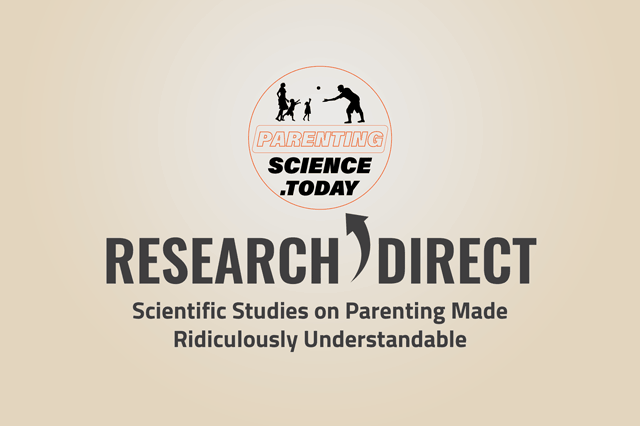Iron supplements are often taken during pregnancy. However, some observational studies suggest that high iron intake may lead to gestational diabetes.
Gestational diabetes (GD), or glucose intolerance during pregnancy, increases the risk of macrosomia (abnormally big baby), type 2 diabetes in both the mother and the child, and metabolic syndrome in the child.
It was once believed that the main risk factor for gestational diabetes was being overweight prior to pregnancy, but in the last twenty years, there has been an increase in the number of GD cases in nonobese women. Multiple studies have been performed looking for other causes.
Iron intake seems to play a role in the development of gestational diabetes. No one knows exactly why, but serum iron levels tend to be higher in women with GD than in women without GD. However, these findings are not conclusive and are, in fact, quite controversial.
An Investigation
A group of Finnish scientists performed a study titled “Supplemental Iron Intake and the Risk of Glucose Intolerance in Pregnancy: Re-analysis of a Randomised Controlled Trial in Finland,” in which they compared the effects of routine and selective iron supplementation on the risk of glucose intolerance in pregnant women.
The researchers actually reviewed data from an old study conducted in Finland in 1989. The original study was a randomized controlled trial aimed at assessing the effects of routine iron supplementation on mothers’ and infants’ health.
Of the 3,098 women who were shortlisted, 2,944 women agreed to participate in the trial. The participants were sorted into two groups. The selective iron group received elemental iron (50 mg twice a day) only if their hemoglobin fell below 100 g/L. The routine iron group received elemental iron (100 mg daily) regardless of their hemoglobin level.
The researchers collected data on background characteristics, such as age, BMI, and socioeconomic status. They also determined whether each woman was a smoker or a nonsmoker. Pregnancy data included weeks of gestation, hemoglobin level, body weight, and weeks of gestation at delivery.
Interesting Results
The participants’ background characteristics, such as the number of previous births, socioeconomic status, and nonsmoking/smoking status, were very similar in both groups. The percentages of overweight or obese participants were relatively low in both groups.
The mean hemoglobin level was slightly higher in the selective iron group than in the routine iron group at the beginning of the trial. As expected, starting at twenty-eight weeks of gestation, the routine iron group had a higher mean hemoglobin level than the selective iron group.
Contrary to the hypothesis of the authors and some other publications, this trial found no statistically significant differences in the incidence of gestational diabetes between women who received selective iron supplementation due to anemia and women who were prescribed routine elemental iron regardless of their hemoglobin level.
Therefore, this retrospective trial does not support the hypothesis that taking iron supplements during pregnancy increases the risk of GD. To confirm these results, future trials should include the glucose tolerance test to define GD, measures of real iron intake from diet, and additional markers of iron status.
Consult with a doctor about any questions regarding vitamin supplements during pregnancy.













